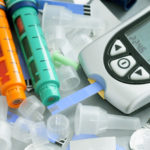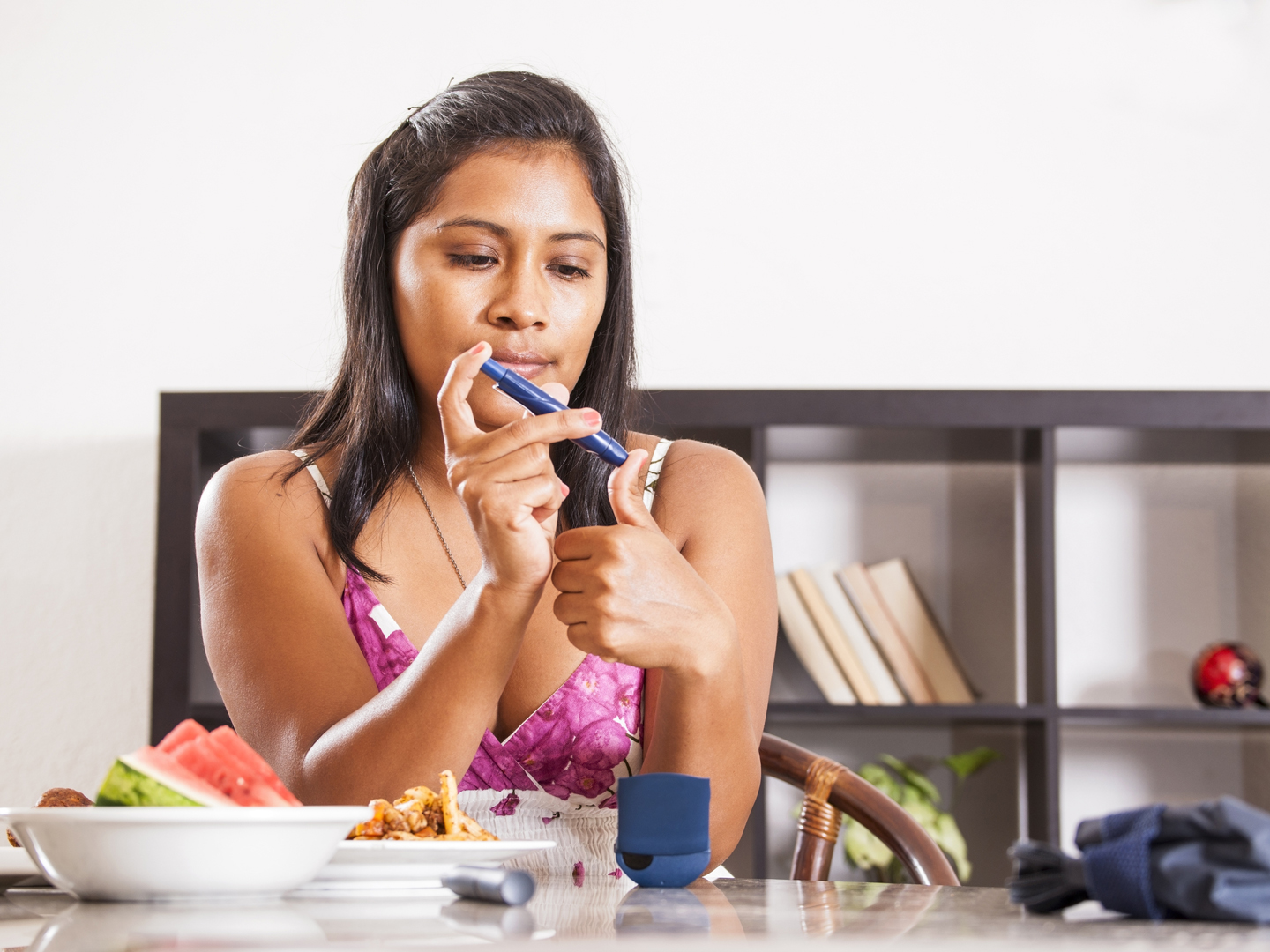Can Coffee Prevent Diabetes?
I’ve heard that drinking coffee regularly can help protect against type 2 diabetes. If true, how much should you drink?
Andrew Weil, M.D. | January 12, 2020

Type 2 diabetes stems from the body’s inability to properly use insulin, the hormone that helps regulate sugar, starches and other foods the body metabolizes for energy. It’s the most common form of diabetes and is nearing epidemic proportions in the United States, owing mostly to the increasing prevalence of obesity and widespread consumption of processed foods with high glycemic loads.
A number of studies have linked coffee consumption with lower rates of this condition. The latest, from Sweden, concluded that only filtered coffee appears to reduce risk. The Swedish researchers identified specific “biomarkers” in the blood of study participants that indicate the intake of different types of coffee. These enabled the researchers to determine that people who drank two to three cups of filtered coffee daily had a 60 percent lower risk of developing type 2 diabetes than people who drank less than one cup. The study also showed that consumption of boiled coffee – made by adding course ground coffee to boiling water – had no effect on the risk of diabetes. The researchers didn’t look at other methods of preparing coffee – such as instant, espresso, cafetière and percolator coffee – because these preparations aren’t common in Sweden.
Study leader Rikard Landberg, a professor of nutrition at Sweden’s Chalmers University of Technology, noted that previous studies have shown that boiled coffee increases the risk of heart and vascular diseases due to the presence of diterpenes, a class of compounds found in coffee prepared this way. However, he said it has been shown that when coffee is filtered, the diterpenes are captured in the filter, and “as a result, you get the health benefits of the many other molecules present.”
Although the Swedish team reached no conclusions regarding other methods of preparing coffee on the risk of type 2 diabetes, Professor Landberg said he suspects that the health effects of these methods may be similar to those of boiled coffee. He stressed, however, that the health impacts of coffee aren’t limited to whether or not it is filtered but also may depend on how the coffee beans are processed and how the drink is managed in general.
Other research from Sweden has suggested links between coffee consumption and a lower risk of type 2 diabetes. A meta-analysis of 30 studies with data on 1,185,210 participants published in 2018 reported that people who drank an average of five cups of coffee (or decaf) per day had a 29 percent lower risk of type 2 diabetes compared with those who didn’t drink coffee. This same research concluded that the risk of type 2 diabetes dropped by six percent for each cup-per-day increase in coffee consumption.
While evidence suggests that drinking coffee might lower your risk of type 2 diabetes, keep in mind that other well-known lifestyle factors strongly contribute to risk for this disease, including being overweight and sedentary and having metabolic syndrome. If you have any of these concerns, don’t rely on coffee alone to protect you.
In addition, consider how coffee affects the rest of your body. It can cause anxiety, insomnia, tremor, irregular heartbeat, digestive complaints, urinary tract irritation, and, for men, prostate problems. And it can be addictive.
Andrew Weil, M.D.
Source:
Rikard Landberg et al, “Plasma metabolite biomarkers of boiled and filtered coffee intake and their association with type 2 diabetes risk,” Journal of Internal Medicine, December 9, 2019, doi.org/10.1111/joim.13009












